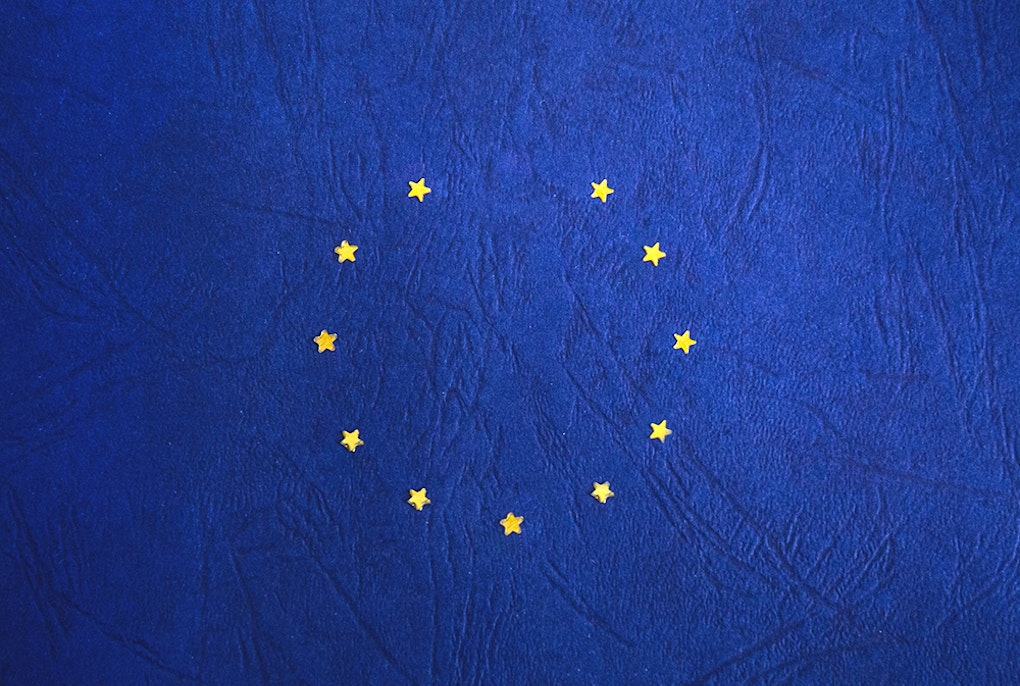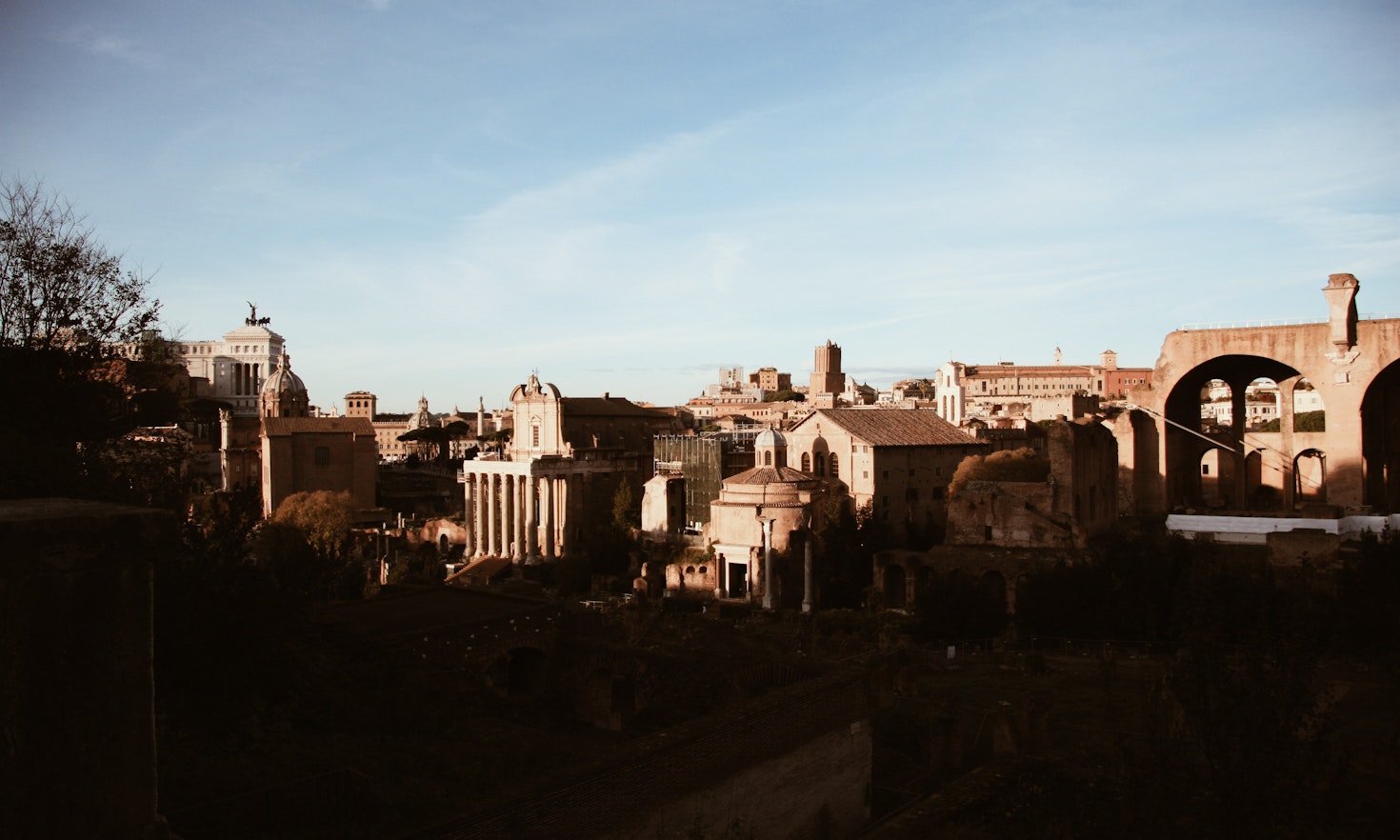
The Long Goodbye
 Sara Parolari
Sara Parolari
Held on 2 June, the Festa della Repubblica or Republic Day in Italy commemorates the 1946 referendum that determined the choice of the republican form of the state, as well as the election of the Constituent Assembly that would later approve the Constitution. It was the first truly free vote after the 20-year Fascist period, and it was the first nationwide vote which took place under universal suffrage since women could cast their vote for the first time. The people's participation in voting was extremely high, reaching 89% of eligible voters.
Ultimately, it was probably the most significant moment in the history of Italian democracy.
On the 77th anniversary of that stand-out moment, a look at the level of the Italian democratic system’s health will inevitably lead to criticism. The issue of the crisis of political representation in Italy has been a constant in discussion for at least three decades now, and is an issue now entrenched in all Western democracies.
The most obvious symptom of the democratic system’s poor health is the electoral turnout, which has been steadily declining for a long time. In the most recent parliamentary elections, which took place in September 2022, turnout reached an all-time low: 63.9%1. Similarly, in the local elections of late May 2023, only 58.4% of voters voted in the first round, a level that even fell below the psychological threshold of an absolute majority on the ballot coming in at 49.6%.
The mechanism of the democratic circuit seems to be disintegrating. But which gear is broken?
If we imagine that the people are the town square where citizens congregate, the constitutional bodies are the palace that occupies the front of the square, and the political parties are the palace's doorway, serving as the link between citizens and institutions. A famous metaphor in constitutional law states that parties are the “timing belt” in the State engine.
This is precisely the first critical element that can be identified: the party system in Italy has been experiencing a situation of deepening crisis for decades now, having completely lost the trust of citizens and the large proportion of its members and militants. The loss of trust in the political system means that people no longer recognize themselves in an ideology, that they cannot find valid reasons to engage in politics and as a result choose not to go to the polls on election day.
This is an issue of crucial importance, not only from a political stance, but also from a more constitutional one: the Constitution, in fact, clearly stipulates that sovereignty belongs to the people2. Precisely for this reason, all constitutional bodies that have a connection with political direction and thus with the management of the state and the production of legislation, must have a direct or indirect connection with the electoral body.
Reference is undoubtedly being made to Parliament, which is elected directly by the people, and which is intended to be central to the functioning of any parliamentary form of government. But even constitutional bodies without direct electoral legitimacy, especially those such as the Government, must maintain a close link with the people’s representatives in Parliament: for this reason the Government, in order to come into being and to remain in office, needs the confidence of both Houses.
This argument generally applies to all organs of the state that have political powers: the ultimate root of their legitimacy, which enables them to act, impose rules and provide sanctions lies in their link with the sovereign people. If contact with those who possess sovereignty is lost, the legitimacy to set rules for society is too.
And while this example is undoubtedly an extreme and unrealistic consequence of the current phenomenon, it remains undeniable that the growing distance between the people and these institutions poses a very serious problem for the legitimacy of the latter, for compliance with norms, and for social cohesion as a whole.
It would be too simple to attribute the full responsibility for the crisis of the political system to the parties themselves: although they have certainly not excelled in competence or honesty throughout republican history, episodes - even very serious ones - of political corruption are certainly not the only contributing factor that relates to the most recent period of political estrangement. The root of the party crisis - which also explains how this phenomenon is transversally widespread throughout the Western world - lies in the end of the ideologies of last century mass parties. Over the past three decades, parties have never been able to find shared ideals that arouse the same appeal as those that characterized the previous period, and as a result have for the most part lost their power to attract citizens.
In addition, the media system has gradually lost its interest in its previous role as the “watchdog of power” in favor of an increasingly clear predilection for topics that generate greater profits. This, too, has contributed to the loss of interest in politics.
Last but not least, there is a tendency for the citizenry to view parties and politics on the whole as something useless or even harmful, without realizing that it is only through politics that the ideas of the people can become norms and direct society: the fact that this is happening badly should prompt a greater commitment to politics.
It is absolutely crucial, if the democracy that arose on 2 June 1946 is to be kept alive, to reverse the course that has been taken for decades now, and to re-establish a link between the palace of power and the people’s square.
The effort must be collective. It must involve the institutions, which must show themselves to be more attentive to the needs of the people and more transparent in their actions3. It must concern the parties, which must be able to renew themselves in terms of both content and personnel. It must concern the people, who must once again become aware that they are the sovereign of the republic and not (only) the recipients of rules decided elsewhere.

This content is licensed under a Creative Commons Attribution 4.0 International license.